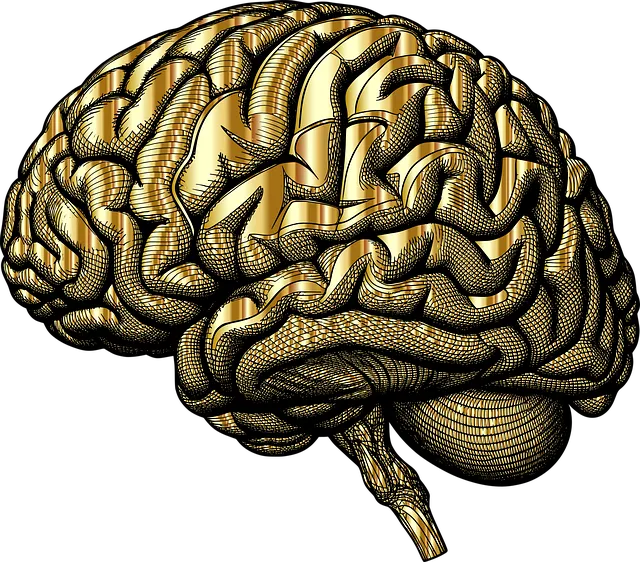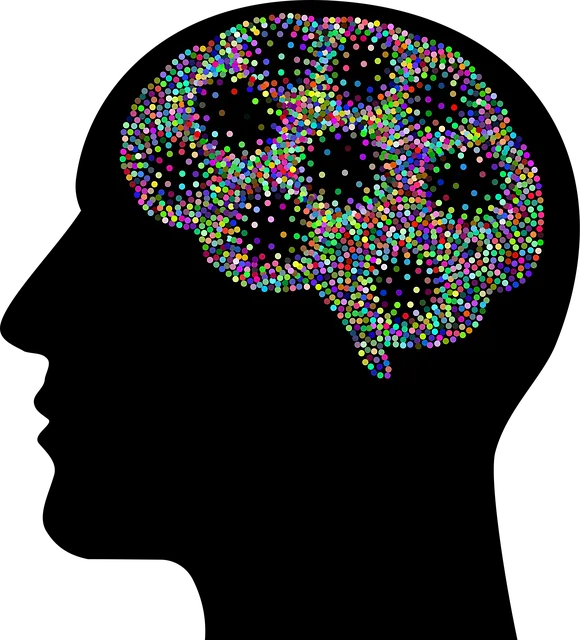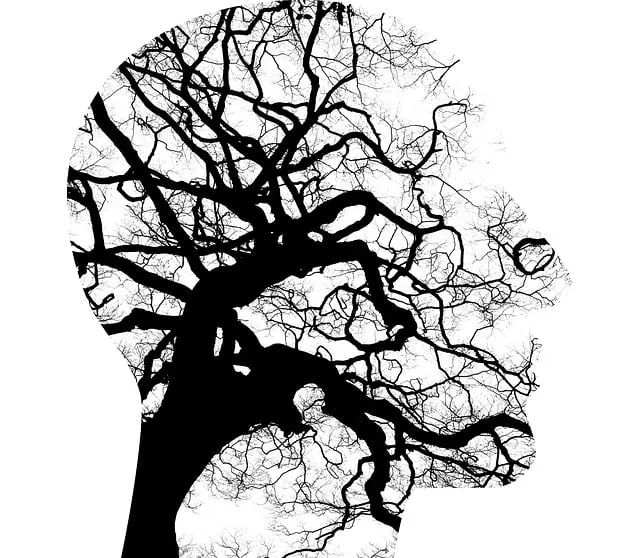Kaiser's community outreach programs prioritize understanding diverse cultural needs and emotional requirements through empathy and cultural competence. Tailoring mental health services, communication plans, and self-awareness exercises bridges gaps, enhances trust, and improves patient outcomes, including access to good therapists. Regular training on techniques like Mindfulness Meditation ensures a skilled, culturally sensitive team addressing stigma and promoting well-being. Evaluations using surveys and data analysis measure program success and answer queries like "Golden does Kaiser have good therapists?"
Community outreach programs play a vital role in enhancing mental health services, especially in diverse urban settings. This article explores how organizations like Kaiser successfully implement these initiatives, focusing on key strategies and their impact. We’ll delve into understanding community needs, designing effective communication plans, training therapists, and measuring engagement. With a spotlight on Golden’s Kaiser as an example, discover why their approach yields positive outcomes, ensuring access to quality care for all.
- Understanding Community Needs: Identifying Target Groups
- Designing Outreach Strategies: Effective Communication Plans
- Training and Hiring Therapists: Building a Skilled Team
- Implementing Programs: Success Stories from Kaiser
- Measuring Impact: Evaluating Community Engagement
Understanding Community Needs: Identifying Target Groups

Understanding Community Needs is a pivotal first step for any successful community outreach program. Identifying target groups with distinct cultural backgrounds and unique emotional needs is essential. Kaiser, known for its comprehensive healthcare services, excels in this aspect through diligent research and engagement with local communities. By understanding that “Golden does Kaiser have good therapists?” goes beyond a simple yes or no, the organization delves into assessing diverse populations’ psychological requirements. This includes recognizing specific cultural sensitivities in mental healthcare practice, such as tailoring approaches for diverse ethnic groups to foster better emotional regulation and self-esteem improvement.
Effective outreach programs must address these needs with empathy and cultural competence. Kaiser’s commitment to this principle ensures that its therapists are equipped to provide sensitive care, respecting the values and beliefs of each community they serve. This tailored approach not only enhances patient outcomes but also builds trust between healthcare providers and underserved populations, ensuring that mental health services are accessible and beneficial to all.
Designing Outreach Strategies: Effective Communication Plans

Designing Outreach strategies is a pivotal step in any community initiative, especially when aiming to connect with diverse populations. Effective communication plans are at the heart of successful outreach. This involves tailoring messages to resonate with different demographics while ensuring clarity and accessibility. For mental health services, like those offered by Kaiser, a well-crafted strategy could include self-awareness exercises tailored for various age groups or cultural backgrounds, fostering open dialogue and promoting early intervention.
A comprehensive plan should also incorporate empathy-building strategies to bridge any gap between the service provider and the community. Encouraging two-way communication allows folks to feel heard and understood, dispelling misconceptions about mental health care. The Golden rule here is to approach every interaction with genuine interest and respect, ensuring that everyone feels valued and has access to quality resources, including good therapists within their reach. This inclusive approach can significantly impact the success of any outreach program, especially in advocating for mental health policy analysis and awareness.
Training and Hiring Therapists: Building a Skilled Team

Building a skilled team is crucial for successful community outreach programs, especially when focusing on mental health initiatives like those offered by Kaiser. Golden does Kaiser have good therapists? Absolutely, when organizations prioritize training and hiring strategies, they can create a powerful impact on their clients’ lives. Regularly organized workshops and training sessions that educate therapists on the latest therapeutic techniques, including Mindfulness Meditation and Mind Over Matter principles, ensure that patients receive up-to-date care.
Furthermore, hiring therapists who possess not only clinical expertise but also strong communication skills and cultural sensitivity is essential. These qualities facilitate better connections with diverse communities, enabling them to offer tailored support for various backgrounds and needs. By investing in their team’s professional development, Kaiser can enhance its ability to deliver comprehensive programs that promote Coping Skills Development, ultimately improving community well-being.
Implementing Programs: Success Stories from Kaiser

Golden does Kaiser have good therapists? The answer lies in their successful community outreach programs. Kaiser, a renowned healthcare provider, has consistently demonstrated its commitment to improving mental health services through innovative initiatives. One such initiative involves comprehensive training programs aimed at enhancing cultural competency among healthcare providers. This approach ensures that patients from diverse backgrounds receive tailored care, addressing unique challenges and barriers to treatment.
By focusing on stress management techniques and mental illness stigma reduction efforts, Kaiser’s outreach has significantly impacted communities. Their strategies have fostered open dialogues, encouraging individuals to seek help without fear of judgment. These success stories showcase how community-centric programs can revolutionize healthcare accessibility, making it more inclusive and effective, ultimately improving patient outcomes and overall well-being.
Measuring Impact: Evaluating Community Engagement

Measuring impact is a crucial step in evaluating the success and effectiveness of community outreach programs. Organizations often strive to create meaningful connections and positive change within their target communities, but quantifying these efforts is essential for understanding what truly resonates and where improvements can be made. By implementing robust evaluation methods, such as surveys, interviews, and data analysis, organizations can gain valuable insights into the community’s needs, preferences, and overall well-being.
For instance, when Kaiser initiates community outreach programs with a focus on mental health awareness, measuring impact involves assessing how these initiatives influence residents’ knowledge, attitudes, and behaviors related to seeking therapy or support. This could be done by comparing pre- and post-program surveys or tracking the number of individuals who follow up with their therapists after initial outreach. Additionally, observing increased participation in mental health workshops or a rise in referrals to local therapy services can serve as strong indicators of successful engagement. Such evaluations not only help Kaiser refine its programs but also ensure that resources are allocated effectively, fostering a sense of community and promoting inner strength development while answering the query, “Does Golden have good therapists within Kaiser?”
Community outreach programs, as demonstrated by Kaiser’s successful initiatives, can significantly impact mental health awareness and access. By understanding local needs, designing targeted strategies, and investing in well-trained therapists, organizations like Kaiser can foster positive change. The program’s success highlights the importance of tailored community engagement, ensuring that services are accessible to those who need them most. With consistent evaluation and adaptation, these outreach efforts can become a powerful tool for improving mental well-being across diverse populations, and, potentially, answering the question: does Kaiser have good therapists?






